As a nation of die-hard foodies, Japan is always on the lookout for a memorable meal. We’re just a couple of months away from New Year’s, when Japan dines on some of its most opulent dishes of all as part of the multi-dish osechi meals that are traditionally eaten at the beginning of the year.
Recently, more and more families have begun purchasing their osechi rather than making their own, and we imagine quite a few have been tempted by the Mickey Mouse and Frozen versions we talked about last month. If you’re willing to hold off on satisfying your inner child for the sake of the world’s less fortunate actual kids, though, you might be interested in an osechi set that helps raise funds for charity group Table for Two.
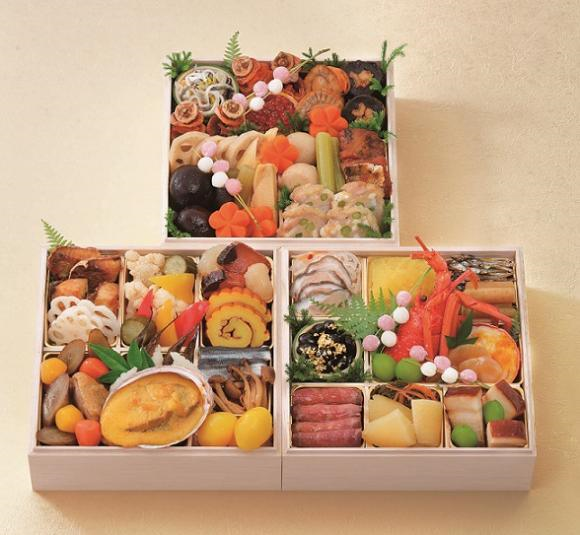
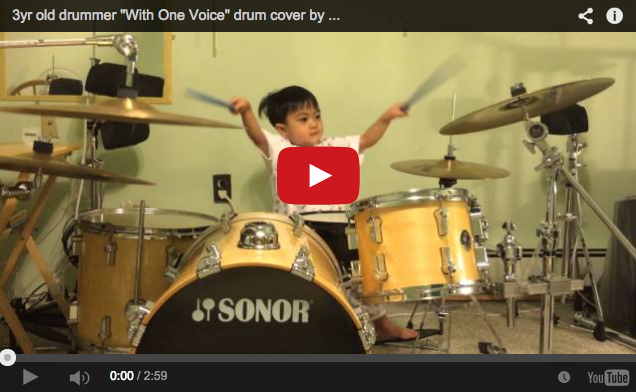
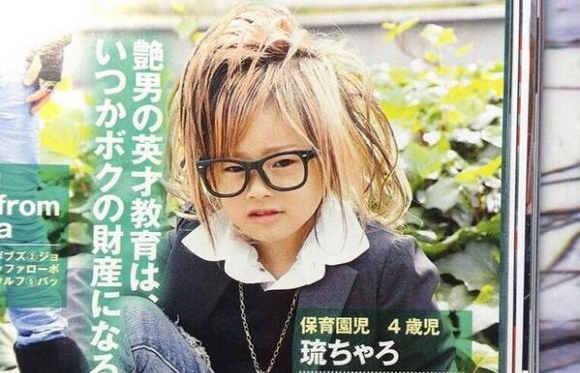
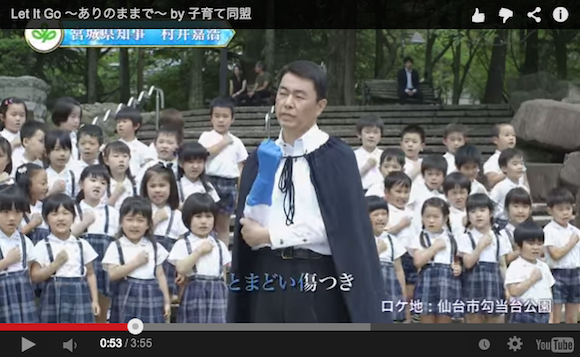
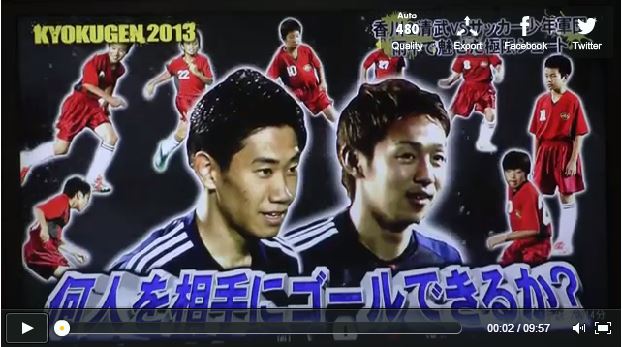
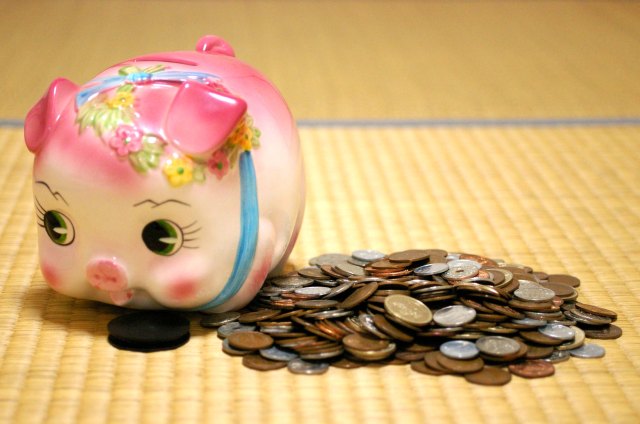
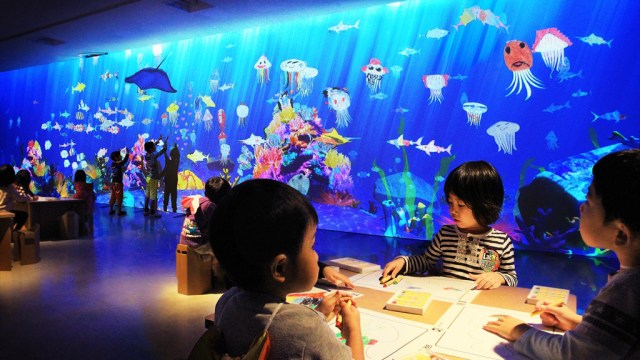
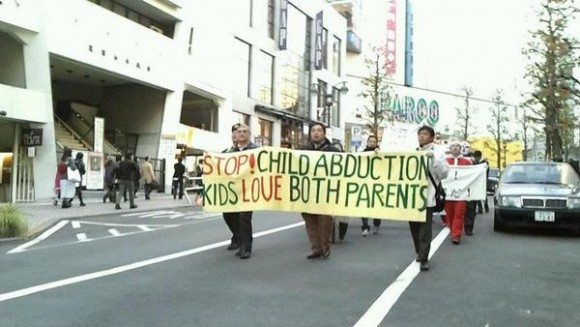
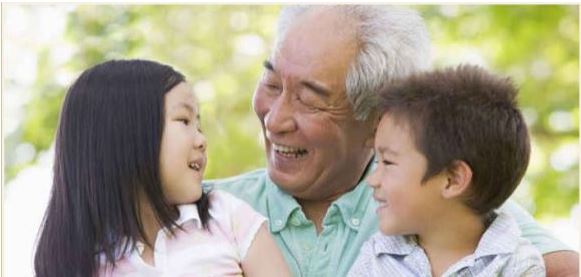
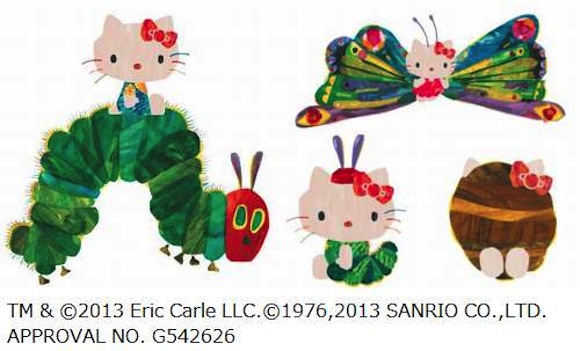
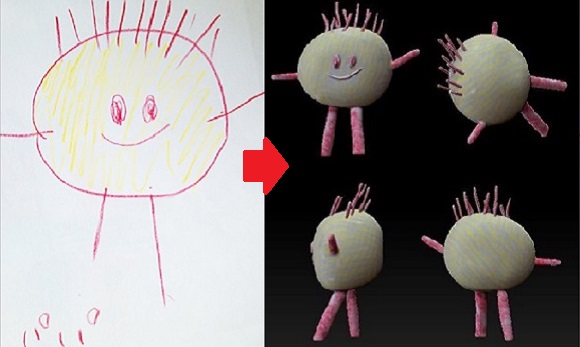
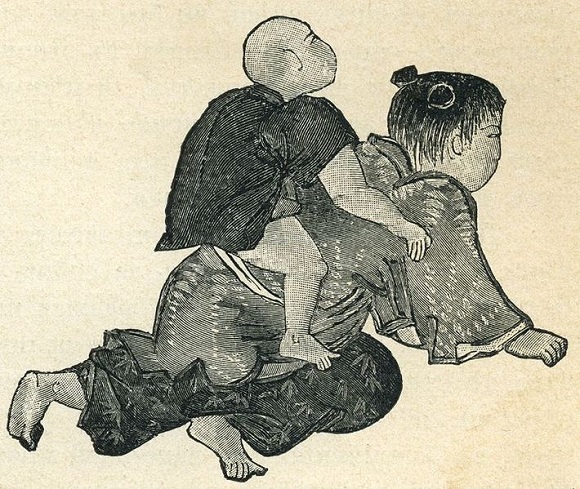

 Massive manga collaboration bringing 100 years of Shueisha manga to Uniqlo T-shirts【Photos】
Massive manga collaboration bringing 100 years of Shueisha manga to Uniqlo T-shirts【Photos】 Totoro cream puffs and Catbus cookies are finally available in downtown Tokyo
Totoro cream puffs and Catbus cookies are finally available in downtown Tokyo Starbucks Japan releases new drinkware and goods for Valentine’s Day
Starbucks Japan releases new drinkware and goods for Valentine’s Day Mister Donut and Godiva continue their sweet sweets relationship with new treats on sale now in Japan
Mister Donut and Godiva continue their sweet sweets relationship with new treats on sale now in Japan The Straw Hat Students are back with a new One Piece Japanese high school anime short【Video】
The Straw Hat Students are back with a new One Piece Japanese high school anime short【Video】 How do you say ‘Google it, you trash’ in British English? Answer surprises many in Japan
How do you say ‘Google it, you trash’ in British English? Answer surprises many in Japan The Yellow Lucky Bag from Village Vanguard is so bad it may damage Japan-US relations
The Yellow Lucky Bag from Village Vanguard is so bad it may damage Japan-US relations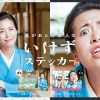 Kyoto’s “ikezu” culture of backhanded compliments explained in hilarious souvenir sticker series
Kyoto’s “ikezu” culture of backhanded compliments explained in hilarious souvenir sticker series Which Japanese beef bowl chain’s near-identical demon grater onioroshi ponzu gyudon is the best?
Which Japanese beef bowl chain’s near-identical demon grater onioroshi ponzu gyudon is the best? Hokkaido has an Ice Festival that’s less famous than the Snow one, but beautiful in its own way
Hokkaido has an Ice Festival that’s less famous than the Snow one, but beautiful in its own way Starbucks Japan releases new Frappuccino and latte for Valentine’s Day
Starbucks Japan releases new Frappuccino and latte for Valentine’s Day Our 52-year-old pole dancing reporter shares his tips for achieving your New Year’s exercise goal
Our 52-year-old pole dancing reporter shares his tips for achieving your New Year’s exercise goal Ramen restaurant’s English menu prices are nearly double its Japanese ones, denies discriminating
Ramen restaurant’s English menu prices are nearly double its Japanese ones, denies discriminating Giant hotel rooms in Osaka reflect the new non-niche face of travel in Japan.
Giant hotel rooms in Osaka reflect the new non-niche face of travel in Japan. Japanese women showing rebounding interest in giving Valentine’s Day chocolate【Survey】
Japanese women showing rebounding interest in giving Valentine’s Day chocolate【Survey】 Princess Mononoke magnets return just in time to treat yourself to awesome anime decorations
Princess Mononoke magnets return just in time to treat yourself to awesome anime decorations 10 times to avoid traveling in Japan in 2026
10 times to avoid traveling in Japan in 2026 What’s inside Starbucks Japan’s fukubukuro lucky bag for 2026?
What’s inside Starbucks Japan’s fukubukuro lucky bag for 2026? Starbucks Japan ready to get Year of the Horse started with adorable drinkware and plushies【Pics】
Starbucks Japan ready to get Year of the Horse started with adorable drinkware and plushies【Pics】 7-Eleven Japan starts new temporary luggage storage service in over 300 branches
7-Eleven Japan starts new temporary luggage storage service in over 300 branches Disillusionment at Tsukiji’s tourist-target prices led us to a great ramen restaurant in Tokyo
Disillusionment at Tsukiji’s tourist-target prices led us to a great ramen restaurant in Tokyo Starbucks teams up with 166-year-old Kyoto doll maker for Year of the Horse decorations【Photos】
Starbucks teams up with 166-year-old Kyoto doll maker for Year of the Horse decorations【Photos】 Tokyo’s Tsukiji sushi neighborhood asks tour groups to stay away for the rest of the month
Tokyo’s Tsukiji sushi neighborhood asks tour groups to stay away for the rest of the month Survey asks foreign tourists what bothered them in Japan, more than half gave same answer
Survey asks foreign tourists what bothered them in Japan, more than half gave same answer Japan’s human washing machines will go on sale to general public, demos to be held in Tokyo
Japan’s human washing machines will go on sale to general public, demos to be held in Tokyo We deeply regret going into this tunnel on our walk in the mountains of Japan
We deeply regret going into this tunnel on our walk in the mountains of Japan Studio Ghibli releases Kodama forest spirits from Princess Mononoke to light up your home
Studio Ghibli releases Kodama forest spirits from Princess Mononoke to light up your home Major Japanese hotel chain says reservations via overseas booking sites may not be valid
Major Japanese hotel chain says reservations via overseas booking sites may not be valid Put sesame oil in your coffee? Japanese maker says it’s the best way to start your day【Taste test】
Put sesame oil in your coffee? Japanese maker says it’s the best way to start your day【Taste test】 No more using real katana for tourism activities, Japan’s National Police Agency says
No more using real katana for tourism activities, Japan’s National Police Agency says Starbucks Japan reveals new sakura drinkware collection, inspired by evening cherry blossoms
Starbucks Japan reveals new sakura drinkware collection, inspired by evening cherry blossoms Updated cherry blossom forecast shows extra-long sakura season for Japan this year
Updated cherry blossom forecast shows extra-long sakura season for Japan this year How do you say ‘Google it, you trash’ in British English? Answer surprises many in Japan
How do you say ‘Google it, you trash’ in British English? Answer surprises many in Japan The Yellow Lucky Bag from Village Vanguard is so bad it may damage Japan-US relations
The Yellow Lucky Bag from Village Vanguard is so bad it may damage Japan-US relations Kyoto’s “ikezu” culture of backhanded compliments explained in hilarious souvenir sticker series
Kyoto’s “ikezu” culture of backhanded compliments explained in hilarious souvenir sticker series Which Japanese beef bowl chain’s near-identical demon grater onioroshi ponzu gyudon is the best?
Which Japanese beef bowl chain’s near-identical demon grater onioroshi ponzu gyudon is the best? Hokkaido has an Ice Festival that’s less famous than the Snow one, but beautiful in its own way
Hokkaido has an Ice Festival that’s less famous than the Snow one, but beautiful in its own way Even Japanese people are frightened by the concealed anger in Kyoto compliment foreigner received
Even Japanese people are frightened by the concealed anger in Kyoto compliment foreigner received Majority of Japanese women in survey regret marrying their husband, but that’s only half the story
Majority of Japanese women in survey regret marrying their husband, but that’s only half the story In Kyoto, “Hey, you’ve got a really nice watch” is NOT a compliment, Japanese businessman says
In Kyoto, “Hey, you’ve got a really nice watch” is NOT a compliment, Japanese businessman says You will never guess why this Tokyo candy store never fully opens its shutters
You will never guess why this Tokyo candy store never fully opens its shutters Eight Ways You Really, Really Shouldn’t Use a Japanese Toilet
Eight Ways You Really, Really Shouldn’t Use a Japanese Toilet Starbucks Japan unveils new Sakura Frappuccino for cherry blossom season 2025
Starbucks Japan unveils new Sakura Frappuccino for cherry blossom season 2025 Rakuten randomly offers 58 New Year’s osechi feasts in Japan, but did we get a star or a dud?
Rakuten randomly offers 58 New Year’s osechi feasts in Japan, but did we get a star or a dud?